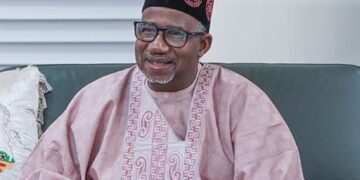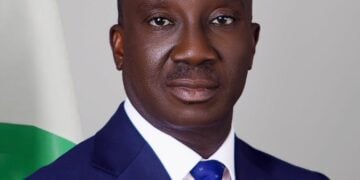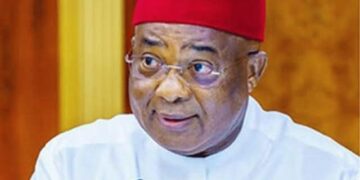The federal and Lagos State governments on Monday called for investment in the production of local goods and consumption of Made-in-Nigeria products to boost Small and Medium Enterprises (SMEs).
The Lagos State Commissioner for Commerce, Cooperatives, Trade and Investment, Folasade Bada Ambrose stated this at the 16th meeting of the National Council on Industry, Trade and Investment, (NCITI), hosted by Lagos State government and organised by the Federal Ministry of Industry Trade and Investment with the theme ‘Accelerating Diversification to Rebuild Prosperity by Leveraging Industry, Trade and Investment for Shared Prosperity,’
She said Nigeria has found itself in a situation where there is an urgent need to diversify its economy from overreliance on oil. She added that for Nigeria to be economically relevant in the future, there should be more investment in producing local goods and consuming them rather than relying on the importation of foreign goods.
“We have found ourselves at a crossroads where the urgent need to diversify our economic base has become more than a policy agenda; it is now an imperative for survival and future relevance in the global economy.
“The lessons from past economic disruptions have reinforced the reality that over-dependence on a single economic resource leaves us vulnerable to external shocks and limits our growth potential,” she said.
According to Ambrose, the meeting which had in attendance government officials from the Ministry of Industry, Trade and Investment as well as small business owners, was an opportunity for stakeholders to ‘dialogue, collaborate and chart strategic pathways that will position Nigeria and particularly Lagos State as a key player in a diversified, resilient and prosperous global economy.
The commissioner said the Lagos State government, under Governor Babajide Sanwo-Olu and his deputy Obafemi Hamzat, is already making efforts to create an enabling environment that will attract investment, support industrial growth, and empower businesses to thrive.
She mentioned some of the efforts, including building infrastructural development, policy reforms to ease the cost of doing business, creating the Lekki Free Zone, which is home to the Dangote Refinery and other industries, reforms in land administration, and tax transparency.
The Permanent Secretary, Ministry of Industry, Trade and Investment, Nura Abba Rimi, said the global economy is changing and Nigeria must respond with agility by diversifying its economy.
“Nigeria stands at a crossroads with the global economy changing, so we must respond with agility and deliberate policy action. Manufacturing remains the backbone of industrialization. By strengthening cluster sector development and removing bottlenecks, we can improve export capacity.’’










